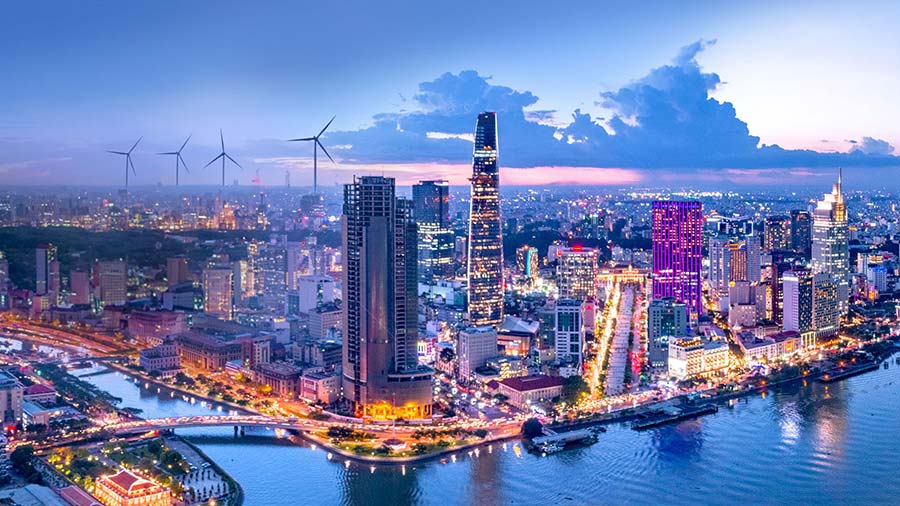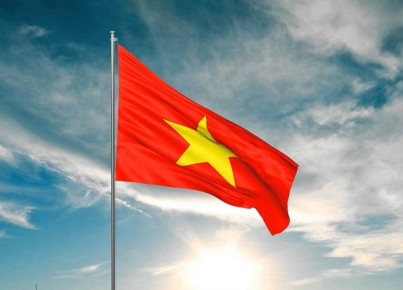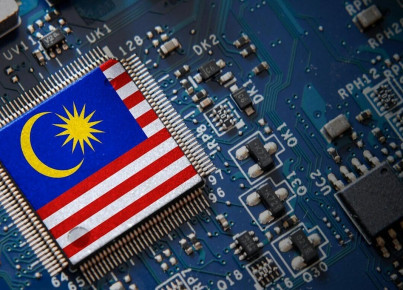The Southeast Asian country is one of those best positioned to increase its benesse
By Tommaso Magrini
Vietnam's growing geopolitical relevance is based on its strong economic performance as well as geography. When Vietnam began to open up in the mid-1980s, annual per capita income was half that of Kenya. Thanks to pragmatic and increasingly business-friendly policies, it has since grown six-fold to $3,700. Today, the government's ambition to turn Vietnam into a wealthy country by 2045 is plausible, the Economist argues. Economically, Vietnam has probably never faced a more favorable global environment. Geopolitics is driving investment toward this goal as America seeks to disengage from China and private companies of all nationalities sense the direction in which the wind is blowing. Most manufacturers simply cannot withdraw from China. But to mitigate the cost of current and future trade barriers, they can hedge their bets by doing things elsewhere as well (a strategy known as "China + 1"). Companies that export to the West are shifting production to Vietnam. Brands such as Samsung and Apple are making gadgets there. Around them are tightening suppliers, including Chinese ones. In the first three quarters of 2023, foreign direct investment inflows to Vietnam as a percentage of GDP were twice as large as to Indonesia, the Philippines or Thailand. According to the Economist, Vietnam's many young manufacturing workers are diligent, reasonably educated and cost half as much as those in China's coastal areas. Also good on the security front. Vietnam, unlike Indonesia and the Philippines, has no problems with Islamic terrorism. It also offers big incentives to foreign investors, starting with tax breaks, cheap land.






